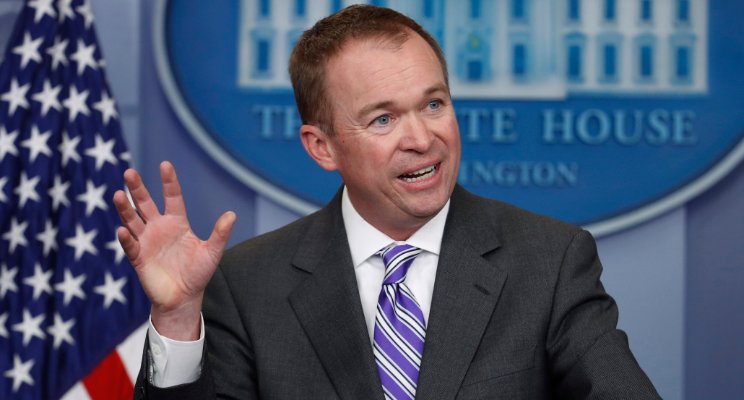President Trump and his Office of Management and Budget, led by Mike Mulvaney, released today its skinny budget. Of course, his focus on defense was prevalent with the $54 billion increase for the Department of Defense. This money will come from cuts to non-discretionary funding, including a near 32 percent cut to the Environmental Protection Agency and the 13 percent cut to the Department of Transportation.
One program of interest under the chopping block is the Transportation Investment Generating Economic Recovery (TIGER) grants, administered under the Obama administration starting in 2009. The program has provided a combined $5.1 billion to 421 projects in all 50 states, the District of Columbia, Puerto Rico, Guam, the Virgin Islands, and tribal communities. In 2016, the program gave out $500 million for transportation projects in the country. Cities and municipalities take notice of the program and often demand from the monies exceed what is available. In 2016, DOT received 585 eligible applications from all 50 States, and several U.S. territories, tribal communities, cities, and towns throughout the United States, collectively requesting over $9.3 billion in funding. That means that these cities want – and need – the money to build and maintain infrastructure to keep them moving forward.
Many of these projects have focused on improving access and safety for pedestrian and bicycle pathways and improving access for transit. Just in 2016:
– In Atlanta, TIGER provided $10 million for the $23 million needed to construct improved mobility options, such as resurfacing of roads, widening of sidewalks to make them Americans with Disabilities Act (ADA) – compliant, and implementing new stormwater management and green infrastructure improvements.
– In Flint – a majority African-American city depressed by the loss of General Motors years ago and dealing with major water and infrastructure issues – TIGER provided $20 million out of the $41 million requested by the city to reconstruct portions of arterial roadways, including sidewalks, bike lanes, traffic signals, signage and lighting
– In Pittsburgh, TIGER provided $19 million of the $32 million requested by the city to construct a cap connector structure over a portion of Interstate 579 which crosses the downtown area. The construction of this cap would better connect the Hill District, a low-income, predominantly African-American neighborhood, to the city’s central business district, where more opportunities for employment could be had.
In 2015, TIGER provided $20 million of the $40 million asked by Birmingham, Alabama to support at 15-mile long bus rapid transit (BRT) project in the city that would connect 20 predominantly low-income communities in a corridor where one-fifth of residents don’t have access to a vehicle and increasing access to jobs and services for more than 50,000 residents living along the line in a majority African-American city.
So TIGER has proven to be a boon to jumpstart many transportation infrastructure projects that have benefited communities and neighborhoods with predominantly African-American populations. The complete loss of TIGER will have significant negative impacts on the ability of cities to revitalize and connect communities, especially between low-income residents and job centers.
Combined with the funding supported by programs like the Community Development Block Grants from the Department of Housing and Urban Development (which itself is going to be cut significantly), many opportunities to connect residents in low-income areas to job centers are possible, as well as a chance to move up economically. Clearly this was not a priority in the budget, and it will have major detrimental effects.





Leave a Reply